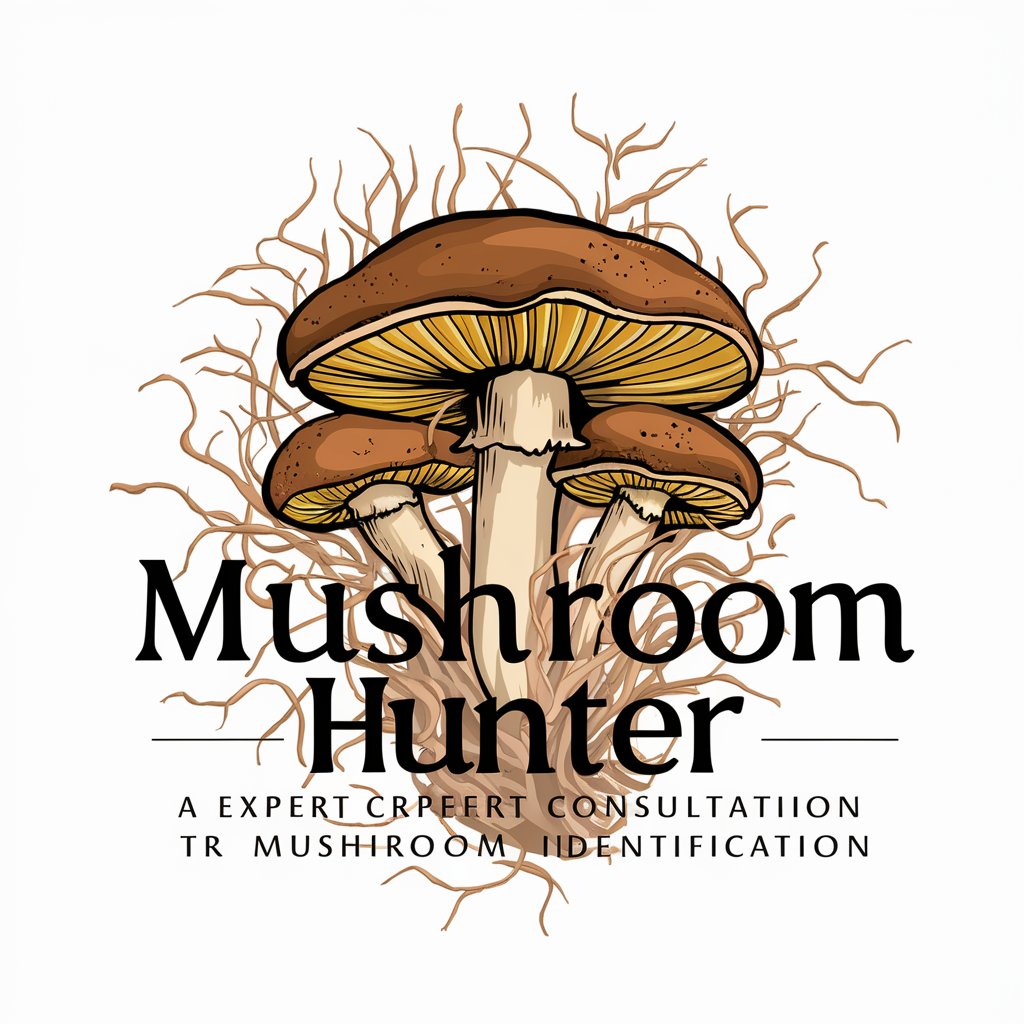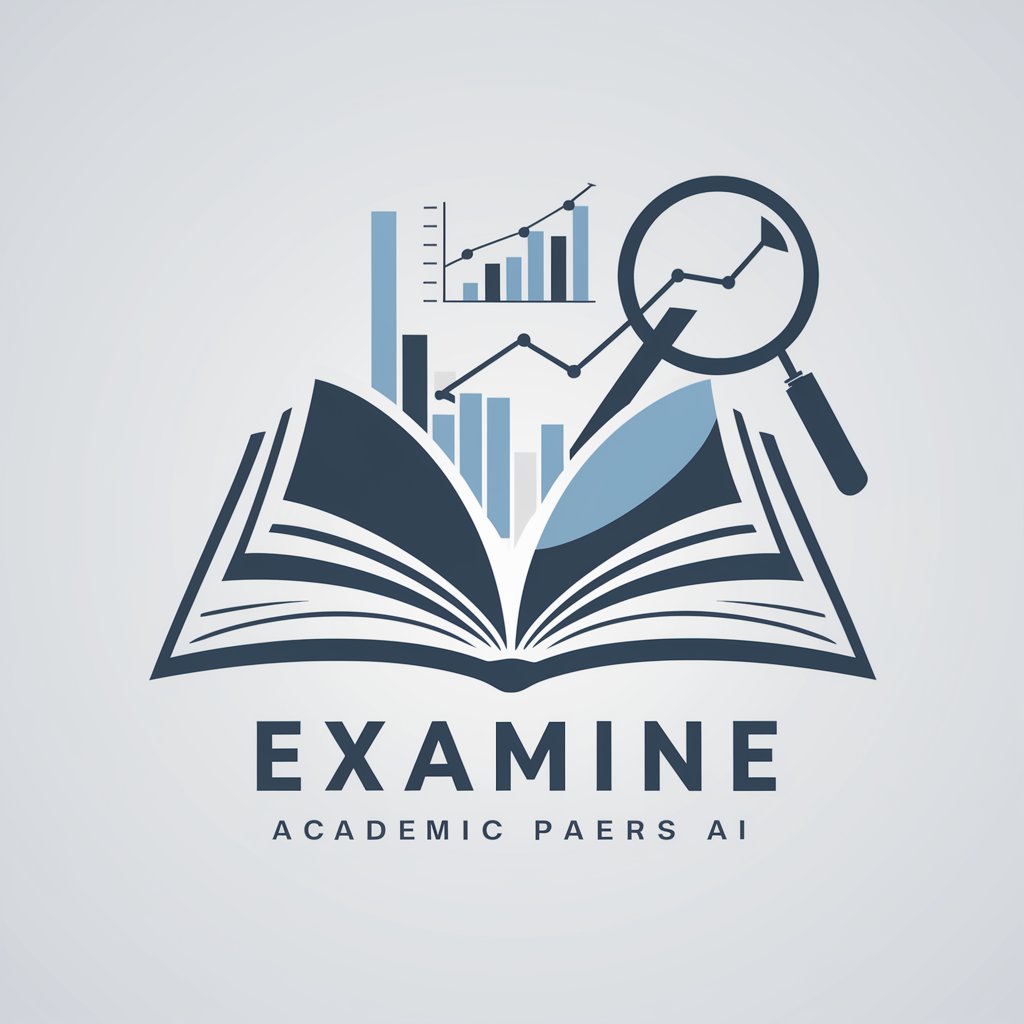
Research papers - AI-powered research tool

Empowering your research journey with AI
How can I improve my product descriptions?
What's a good headline for a fashion blog?
Get Embed Code
Overview of Research Papers GPT
Research Papers GPT is designed to assist users in the generation, composition, and structuring of research-related text content. Its capabilities are tailored to support the creation of academic and scientific documents, offering tools for generating hypotheses, summarizing studies, and creating detailed explanations of complex topics. For example, a user working on a research proposal can utilize Research Papers GPT to formulate a clear and compelling problem statement and objectives based on the latest research trends identified by the GPT through its updated database and analytical capabilities. Powered by ChatGPT-4o。

Core Functions of Research Papers GPT
Literature Review Assistance
Example
For a student writing a thesis on renewable energy solutions, Research Papers GPT can quickly synthesize the most recent and relevant studies, providing a comprehensive overview of current technologies and future directions.
Scenario
A student uses Research Papers GPT to draft a section of their thesis, integrating summaries of key articles, thus saving time and enhancing the quality of their literature review.
Data Analysis Explanation
Example
When a researcher needs to explain the statistical analysis in their paper, Research Papers GPT can generate clear, understandable descriptions of methodologies like regression analysis, Bayesian inference, or machine learning algorithms applied in their research.
Scenario
A postgraduate struggling with the interpretation of complex data sets uses Research Papers GPT to craft a section of their methodology, ensuring accuracy and clarity in explaining how data analysis drives their research conclusions.
Bibliography and Citation Formatting
Example
Research Papers GPT aids in the accurate formatting of references according to various citation styles, whether APA, MLA, or Chicago, tailored to the specific requirements of academic journals or universities.
Scenario
An academic researcher preparing a manuscript for publication uses Research Papers GPT to format the bibliography, ensuring all citations meet the specified style guide of the target journal, thereby reducing the risk of submission rejection due to formatting errors.
Target User Groups for Research Papers GPT
Academic Students
Students engaged in undergraduate, graduate, or postgraduate studies can leverage Research Papers GPT for assistance in writing theses, dissertations, and other research papers, helping them manage the extensive demands of academic research and writing.
Research Professionals
Researchers and scientists in fields such as biotechnology, environmental science, and engineering can use Research Papers GPT to streamline the creation of research documents, grant proposals, and journal articles, focusing on innovation while ensuring rigorous academic standards are met.
Educators and Academic Institutions
Educators and academic institutions can integrate Research Papers GPT into their teaching and research methodologies, providing a resource for students and faculty to enhance research writing skills and productivity.

How to Utilize Research Papers
Start with YesChat.ai
Begin by navigating to yeschat.ai to access a free trial. There's no need for registration or a ChatGPT Plus subscription, making it accessible and straightforward to get started.
Identify Your Research Topic
Before diving in, have a clear idea of your research topic or question. This focus will help you utilize the tool more effectively, whether you're exploring a new subject area or seeking specific information.
Utilize Advanced Search
Make the most of the advanced search functionality to filter and narrow down your search results. Using specific keywords related to your research can greatly improve the relevance of the information you retrieve.
Review and Analyze
Take the time to review the generated research papers or information. Analyze the data or insights for accuracy, relevance, and how they contribute to your understanding of the topic.
Iterate and Refine
Research is an iterative process. Use your findings to refine your search queries or explore new related topics. This step is crucial for deepening your understanding and uncovering new insights.
Try other advanced and practical GPTs
Global News Predictor
Forecasting the Future with AI Precision

Aussie Divorce & Financial Settlement Guide
Navigate Divorce with AI-powered Legal Insight

Product Hunter
Discover Innovations, Power Your Decisions

CHEAP HUNTER
Unleash Smart Savings with AI-Powered Deals

Mushroom Hunter
Identify Mushrooms with AI

20の質問(ゲーム)
Challenge Your Mind with AI

英語教師BRAIN
Your Personal AI English Coach

子供の「なんで?」に千本ノック
Fueling Curiosity with AI

生物学
Empowering biology learning with AI

Tech Tutor
Empowering your learning with AI

化学
Empowering Chemistry with AI

天理教の本(Tenrikyo Books)
Unlocking Tenrikyo's Wisdom with AI

Frequently Asked Questions about Research Papers
Can Research Papers help with literature reviews?
Absolutely. Research Papers is adept at aiding users in conducting comprehensive literature reviews by providing access to a wide array of sources and summarizing relevant studies, helping to efficiently gather and synthesize research on any given topic.
Is there support for non-English research papers?
Yes, Research Papers supports the analysis and summary of research papers in multiple languages. However, the breadth of available resources may vary, and some features may work best with English-language content.
How can Research Papers assist in hypothesis generation?
By analyzing existing research and identifying patterns or gaps in the literature, Research Papers can inspire new research questions or hypotheses, encouraging innovative thinking and exploration in your field of study.
Can I use Research Papers for data analysis?
While Research Papers excels at processing and summarizing written content, its capacity for complex data analysis is limited. It's best used as a complement to data analysis tools, providing context and insights from existing research.
How does Research Papers ensure the quality of its sources?
Research Papers utilizes advanced algorithms to vet and prioritize high-quality, peer-reviewed academic sources. Users are encouraged to review sources critically, considering the reputation of the publication and the relevance to their research.





